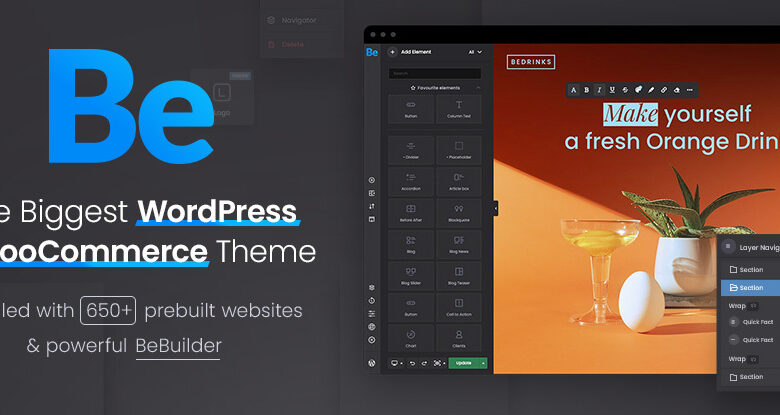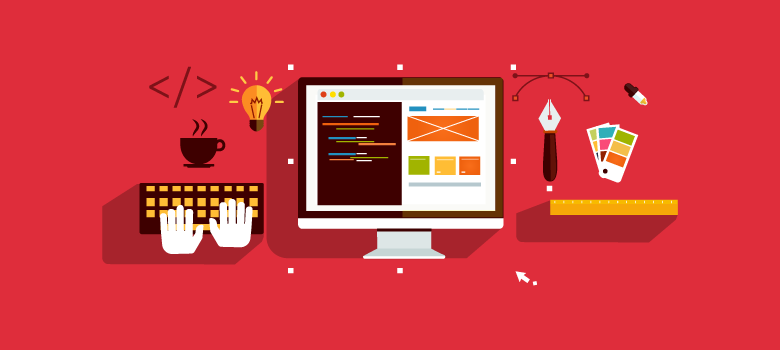As a graphic designer, whether you work freelance or for an agency, you are constantly surrounded by clients. Each of of them come with a folder of expectations and requirements, that’s why we need a bit of organization to make our lives easier. The purpose of this article is to give you a few pointers when it comes to your organization skills. Some of them might sound a little obvious, but it’s typically that advice that people look over the most often.
When you work for an agency, there is a project manager that helps you with organizing your work. The most important thing is to not lose your head trying to keep up. There are many organizational techniques you could use according to your work style.
No matter what kind of work you do, there’s always a lot of information to be filed. I find it helpful to categorize each different topic according to project and date. You’ll be thanking yourself when you have to go back and reference a specific project. You won’t have to go back through weeks or even months of hard work to find that one piece to the puzzle. Instead, it’ll all be laid out, beautifully organized in front of you.
When you’re working on any project, big or small, make copies. Things accidentally get deleted, programs crash, and accidents just happen. In order to avoid a total meltdown, take the few extra seconds it takes to make a copy and safely store it in a backup file.
Possibly the best advice anyone can give you is to invest in an organization software like Trello or Basecamp. It doesn’t have to be fancy, and often times they’re free, but they’re infinitely helpful. At the very least, you could be marking things down with a pen and paper. Let’s take time to look at some of these tools that could actually help you keep things organized as a graphic designer.
1. Trello

We love Trello because it works perfectly for people who work independently, not necessarily in a team. With Trello, you can create boards, lists, cards that help you organize and prioritize your project in a way that doesn’t seem irritating. On top of all that, Trello offers a free version, so it’s easy to get started.
2. Basecamp

Basecamp is a great tool that combines all the tools you need to stay organized in one place. There are plenty of features to help you collaborate, share information, and store data for projects. Although it’s not exactly free, Baecamp is a great solution for your organization needs.
3. Toggl

One of the biggest problems with staying organized is time. Toggl is a great online time tracking tool that will help you combat your time tracking issues, all at a reasonable cost. It has a free trial version, so be sure to check it out.
Again, everyone has their own style. Stick to what helps you stay organized, but don’t be afraid to try new methods every once in a while. In the end there really isn’t a right or wrong recipe. Do whatever it takes to get the project done and stay organized while doing it.






Hi,
Thanks Nice Article,I loved the article. keep sharing